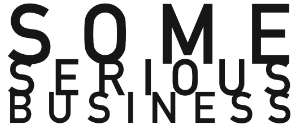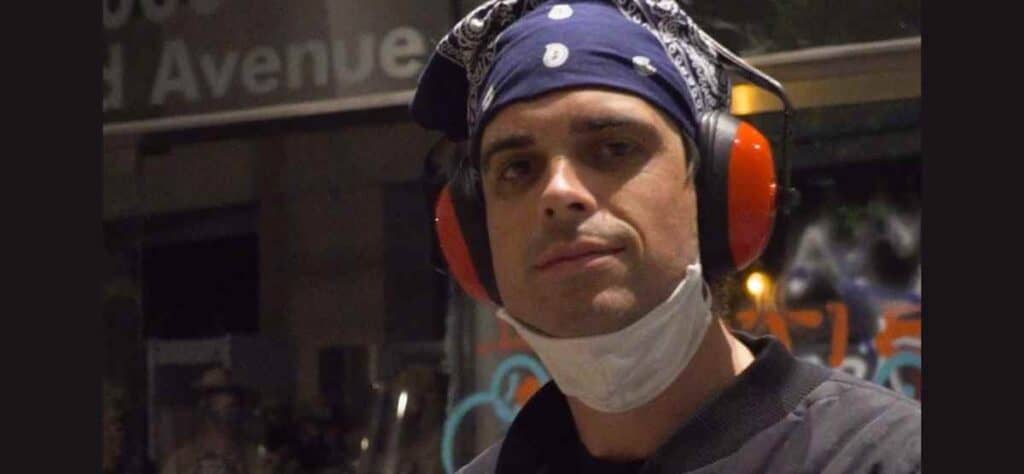Interview with Tipping Point Director Jon Meyer
Why did you make this film?
I was making documentary shorts for musicians when the pandemic brought everything to a halt. A few weeks later the world watched George Floyd murdered by a police officer. I went to a protest that was taking place in downtown Portland and witnessed the police blatantly abusing their position of authority and gassing a large crowd of people peacefully assembled in a park during daylight hours. I was appalled and realized that everyone documenting it was using a phone to livestream and there were no real news cameras anywhere near the protests. I took it upon myself to film the police with my camera to try to assist in holding them accountable. I did that for a few weeks, posting daily cuts of what I captured online. These posts caught the attention of many, including folks from the We Can Listen social justice series (whom I was working with at the time on a virtual series highlighting BIPOC musicians). This was a moment in history that needed to be documented and we set out to turn the footage into something with more meaningful context.
As a white man how did you approach the work of making a film about the Black Lives Matter protests?
What was happening was immensely important and demanded documentation, but I knew I was not the one to tell the story. No amount of research could ever compare to the lived experience of Black people in this country, and definitely wouldn’t be appropriate coming from me and my perspective. My role was to show up, support and lend my skills as a filmmaker and editor. I asked Julianne Johnson, a longtime Portlander, singer, music professor and the host of the We Can Listen series, to help produce the film and facilitate the interviews to bring context to my footage. After each pass the footage was sent to Julianne and a BIPOC council that included filmmakers, producers, activists, historians and community leaders. They would watch and provide feedback. It was Julianne’s rapport with the interviewees, and the BIPOC councils’ feedback that drove the documentary’s development and brought the film to life.
What was your process in making the film and what challenges did you face?
The scheduling of interviews and editing were time consuming and challenging during COVID-19 shutdown but the real challenge to bring this film to life for me was being at the protests night after night with my camera. I worked without an assistant in large crowds that could turn chaotic at any moment. I was constantly doing my best to avoid damage to my gear, avoid being gassed, staying fed and hydrated and ultimately healthy enough to run faster than the police. Near the end of my filming I got stabbed in my forearm by a member of the Alt right group the Proud Boys and had to take some time off to heal. There were other days when I inhaled so much tear gas that I lost my voice entirely and got very ill for a few days. I narrowly missed getting hit by a speeding vehicle during the Proud Boys rally downtown. I kept going because the longer I gathered footage, the more the documentary gained traction and support.
Tickets are available for the Tipping Point Premiere Screening on June 15th at Alberta Abbey.

